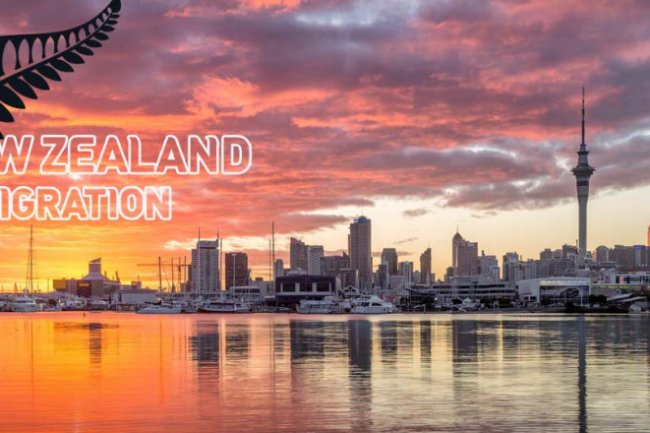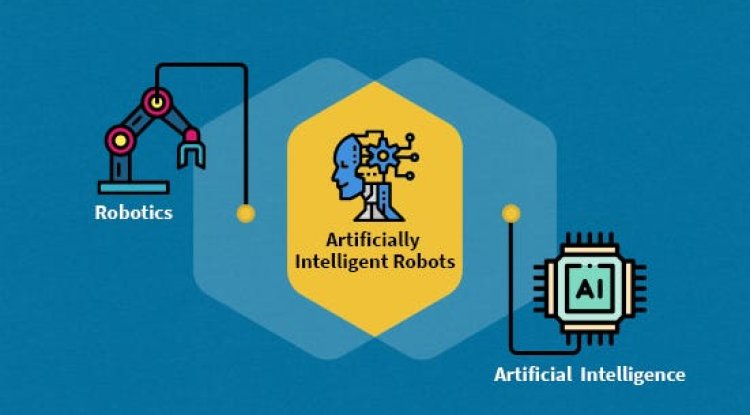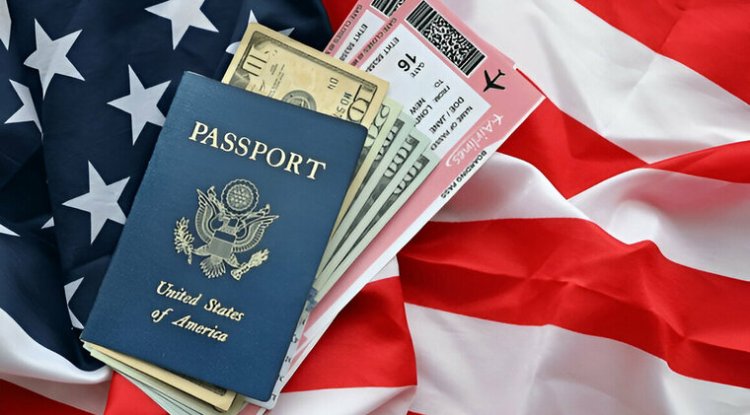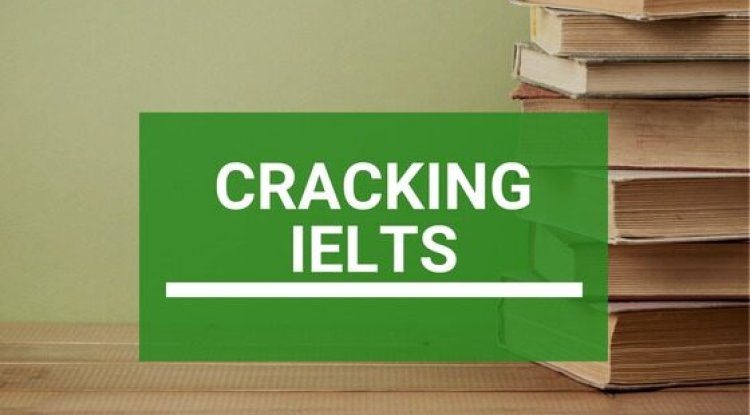Your online presence can impact your US student visa. Learn how to clean up your digital footprint and boost your chances with ACHIVIA’s expert tips.
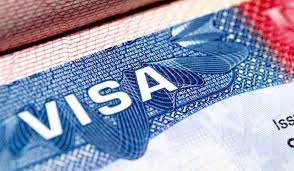
In the age of smartphones, social media, and 24/7 connectivity, everything we do online leaves a trail. It's called a digital footprint, and while it might seem harmless or even irrelevant in the context of something like a visa application, it has become a very important factor, especially for students applying for a US student visa.
Traditionally, the visa process has focused on documents, interviews, and eligibility criteria. This includes proving your finances and showing your academic intentions. However, in recent years, things have changed. What you do online can affect how visa officers view you. Whether it's an old Instagram post, a meme reshared without much thought, or a private message that leaks, your online presence can shape how your profile is understood.
What is a Digital Footprint?
A digital footprint is the online record of everything you do using the internet. This includes:
- Social media posts (Instagram, Facebook, X/Twitter, TikTok)
- Comments and likes
- Photos and videos
- Online purchases or subscriptions
- Participation in online forums or Reddit threads
- Even search history in some cases, depending on privacy settings and platforms.
There are two kinds of footprints:
- Active Digital Footprint – the content you create or post yourself.
- Passive Digital Footprint – data collected about you automatically (like cookies or geolocation data).
When it comes to the US student visa process, the primary concern is your active digital footprint, particularly what you publicly post or engage with.
How US Visa Officers Review Your Digital Footprint
In 2019, the US State Department made news by announcing that most visa applicants, including those applying for F-1 student visas, would need to provide their social media handles for platforms they used in the past five years.
Why?
To verify your identity and intent. The rationale is to:
- Detect possible security threats
- Verify if an applicant's offline story aligns with their online behaviour.
- Prevent misrepresentations.
For example, if your visa interview indicates that you want to pursue civil engineering, but your public blog suggests you are more interested in staying in the US to start a business or join a social movement, that may lead to further scrutiny.
What Are Visa Officers Looking For?
Your digital footprint can support or hinder your visa application, depending on what it reveals. Here are specific red flags that could raise concerns during the visa process:
- Consistency with Your Application
Does your online activity align with what you stated in your DS-160 or during your interview? If you claim you want to return home after graduation, but your posts suggest plans to stay in the US permanently through any means, this mismatch could be viewed as misrepresentation.
- Concerning or Inappropriate Content
Any posts that contain content that may be interpreted as offensive, discriminatory, or linked to sensitive groups—even as a joke—can negatively affect your application.
- Misrepresentation
Exaggerated achievements or inconsistencies in your online profile may reduce credibility.
- Engagement Patterns
Sometimes it's not what you post, but what you like, comment on, or share. Engaging with potentially sensitive content or groups may not be an automatic disqualifier, but it does contribute to an overall impression.
How to Clean Up and Manage Your Digital Footprint?
Here are a few practical steps to ensure your online presence supports, undermines your visa application.
-
Audit Your Social Media
Search for your name on Google and check what comes up. Also, go through your social accounts:
- Delete or hide any controversial posts or comments
- Remove posts that contradict your application statements
- Review tagged photos that may show you in a negative light
- Consider making your profile private.
-
Be Mindful of Your "Likes" and "Follows"
Even if you didn't post something directly, liking or following concerning content may still create a pattern. If it doesn't serve your academic/professional goals, unfollow it.
-
Use Professional Platforms Wisely
Platforms like LinkedIn and personal websites can work in your favor if used effectively. Share achievements, research interests, community work, or internships related to your field of study.
-
Keep It Real, Not Fake
Avoid creating an overly curated or unrealistic profile and create an overly perfect version of yourself online. Visa officers are trained to spot inconsistencies. Be honest, but intentional about what you showcase.
Digital Footprint Dos and Don'ts Before Applying
DO:
- Review and clean your social media at least 3–6 months before applying.
- Showcase your academic interests, community engagement, and goals.
- Utilize platforms like Medium, LinkedIn, or GitHub to showcase your achievements.
DON'T:
- Make light of serious topics like immigration or security concerns.
- Treating the visa system lightly or displaying unclear intentions online can reflect poorly on your application.
- Avoid misrepresenting your background or intentions online.
It's About Trust
When you apply for a US student visa, you're not just asking to study. You're asking the US government to trust you. Your digital footprint is increasingly viewed as a reflection of your character, intent, and credibility.
While the interview is important, what you’ve posted online may already be speaking for you long before you enter the consulate.
Take control of your online narrative. Be smart, be honest, and ensure your digital life reflects the student—and person—you truly are.
Quick Checklist: Before You Submit That Visa Application
- Google your name
- Clean up public posts
- Set social media profiles to private
- Remove inconsistent or inflammatory content
- Align your online goals with your visa intent
- Highlight your academic journey professionally
Your visa success doesn't start at the interview—it starts with your digital presence.
As a leading study abroad guidance service in Bhubaneswar, ACHIVIA, we go beyond documents and deadlines. Our expert advisors help you audit your digital footprint, align your online presence with your goals, and prepare every part of your application for success.
Book your one-on-one session today and take the next step toward studying in the USA—with total confidence.
What's Your Reaction?








